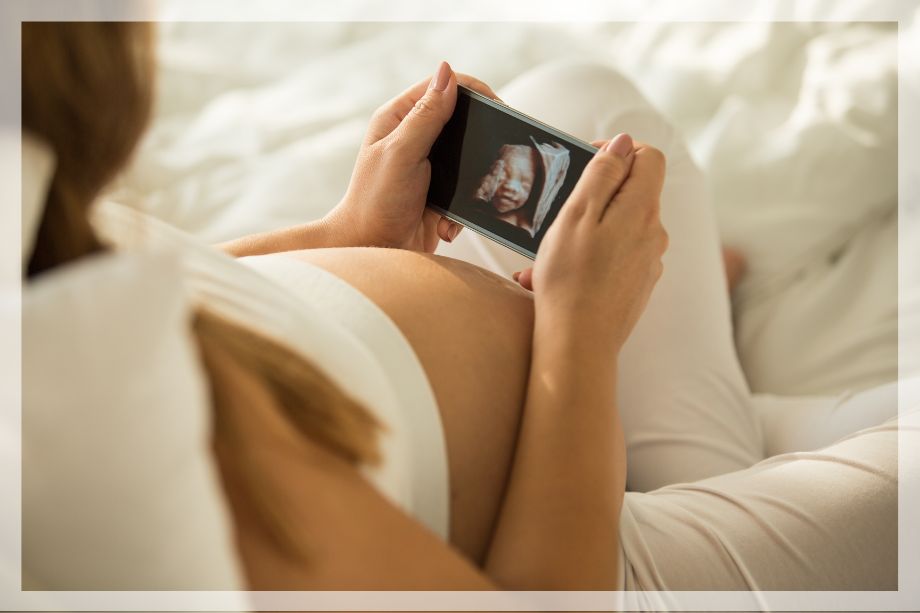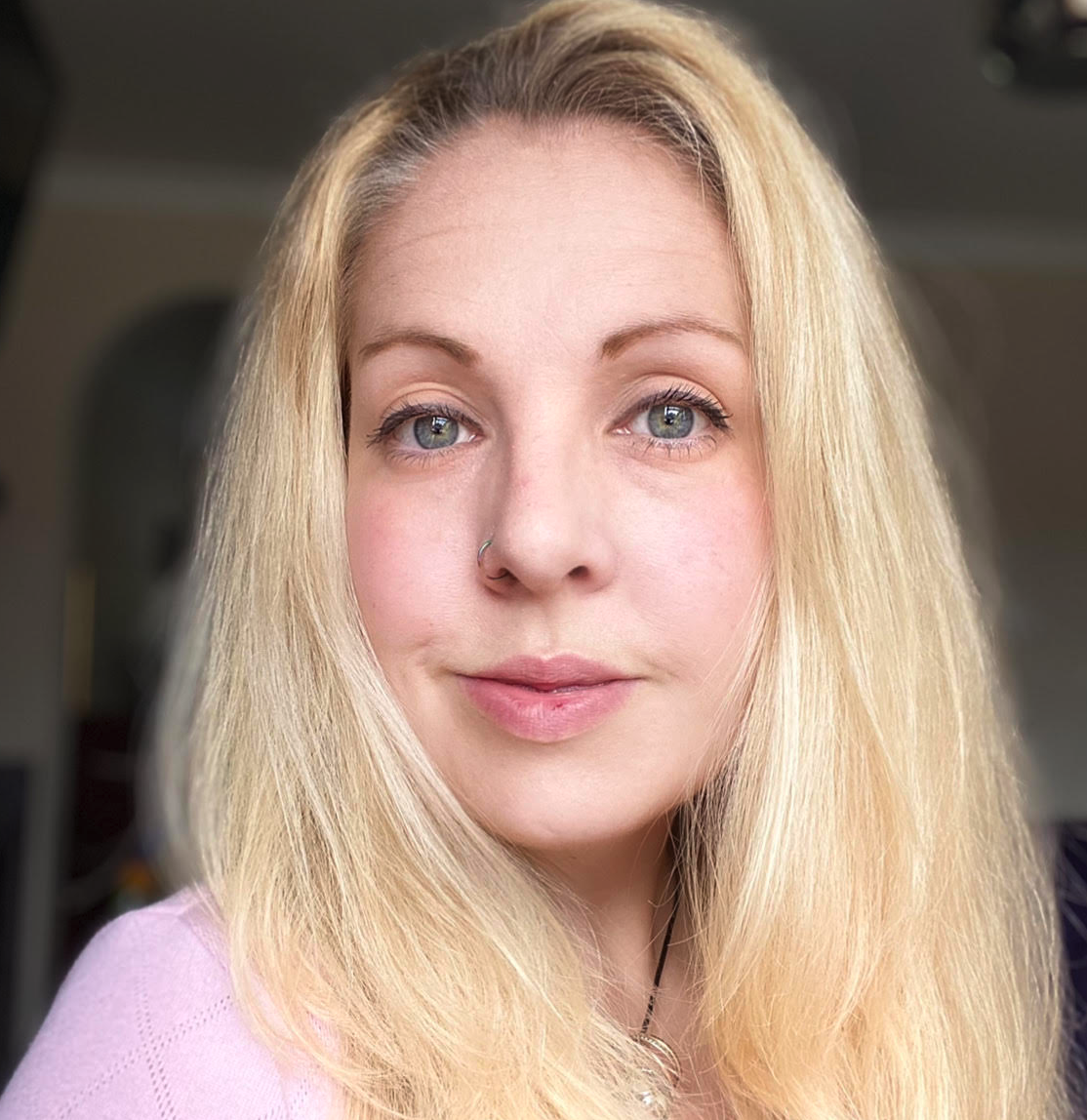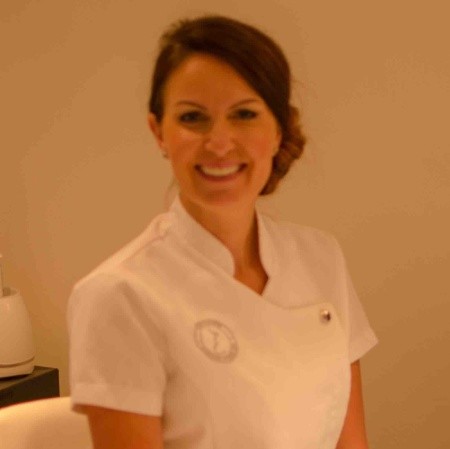When can I get a 3d baby scan - and are they safe?
3d baby scan can be offered at 16 weeks, but it's better to wait a little longer for a clearer picture


If you can't wait to see your unborn baby's face, you may be wondering 'when can I get a 3d scan of my baby?'
Pregnancy ultrasounds offered by the NHS are perfect for reassuring expectant parents that their baby is healthy and developing properly. But, 3d scans offered by private screen companies enable you to “see” your baby’s face and body as if it were a 3D shape. 4D scans are 3D scans that move in real-time, 3D scans are just still images. Essentially, they're the same as 2d hospital scans but the results from the probe are interpreted differently by the camera.
When can I get a 3D scan of my baby?
Many private scanning services offer 3D and 4D scans from 16 weeks, sometimes, it is offered as part of a service to identify the baby’s sex. However, it’s often recommended to wait until 27 weeks of pregnancy as your baby won’t start to develop any fat under their skin until around that period of pregnancy. Once your baby’s gestational age goes beyond 32 weeks, it may be harder to get a good look at their face due to their size.
What does a 3D/4D baby scan show?
You will see a 3D image of your baby’s face and their body. Not all scans go to plan, however, and sometimes it can be difficult to get a really good look at their face, which is what most parents and families want to see. Sometimes your baby will have their face obscured by their arm or the placenta.
Specialist midwife sonographer Amanda Bastianelli, told us, "The Ultrasound reflects waves from the surfaces so you see the structures of the face. The 3D probe reflects shapes like a 3D printer would, then sends it to the computer and creates the image you see. 4D scans have a faster frame rate and you get to see them 3D and moving."
3D and 4D baby scans are sometimes done within NHS care to take a closer look at any differences in development (abnormalities). They might be used to identify and understand the extent of birth differences like cleft lip (a difference in the formation of the exterior lip/s and soft palate of the interior of your baby’s mouth)
How much do 3D/4D baby scans cost?
The price of your scan will depend on what the scan is looking for and where it is performed. There is often a price difference across the country, so don’t be afraid to shop around, but can range between £60 and £150.
GoodtoKnow Newsletter
Parenting advice, hot topics, best buys and family finance tips delivered straight to your inbox.
The options are really dependent on the service and what is included within the scan. Some private scanning practices will offer a range of extras like pictures, videos and cuddly toys that come with a recording of your baby’s heartbeat.
Amanda Bastianelli, Registered Midwife and Sonographer at Expectancy Scanning UK, says “Be mindful of places that offer scans for solely souvenir purposes. They might offer a cheaper scan - but all scans should be done for an essential purpose. Scans should check on your baby’s growth and wellbeing first and foremost. Once they have been checked, then you can get those souvenir images. You will pay more for a scan like that but the baby's health and wellbeing must come first, before those 3d or 4d bonding scans are done.”
Are there any risks of 3D/4D scans?
Though there are no specific risks of 3D or 4D scans over and above 2D scans, there have been concerns raised by medical professionals about private scanning studios.
These include worries about:
- cases of raised anxiety, when scanners give differing information to NHS sonographers, leading to unnecessary appointments
- Times where sonographers have missed issues that should be raised with medical professionals.
- Adequate training for private sonography practices (there is no requirement for private scanning studios to have professional accreditation or training in obstetric ultrasounds)
When choosing a private clinic for a pregnancy ultrasound, make sure that you check to see what information they provide about the expertise of their sonographers. You can also check their reviews on places like TrustPilot.
Please see advice by the British Medical Ultrasound Society and the Care Quality Commission on how to make sure the clinic you choose is reputable.

Amanda Bastianelli is a specialist midwife sonographer with the NHS and at Expectancy Scanning Studios Ltd in Kent. With over 20 years of experience, she completed a Diploma in Midwifery at the University of Greenwich, before gaining a Postgraduate Certificate in Medical Imaging, Obstetrics & Gynaecology at Canterbury Christ Church University.

Tannice Hemming has worked alongside her local NHS in Kent and Medway since she became a parent and is now a mum of three. As a Maternity Voices Partnership Chair, she bridged the gap between service users (birthing women and people, plus their families) and clinicians, to co-produce improvements in Maternity care. She has also worked as a breastfeeding peer supporter. After founding the Keep Kent Breastfeeding campaign, she regularly appears on KMTV, giving her views and advice on subjects as varied as vaccinations, infant feeding and current affairs affecting families. Two of her proudest achievements include Co-authoring Health Education England’s E-learning on Trauma Informed Care and the Kent and Medway Bump, Birth and Beyond maternity website.